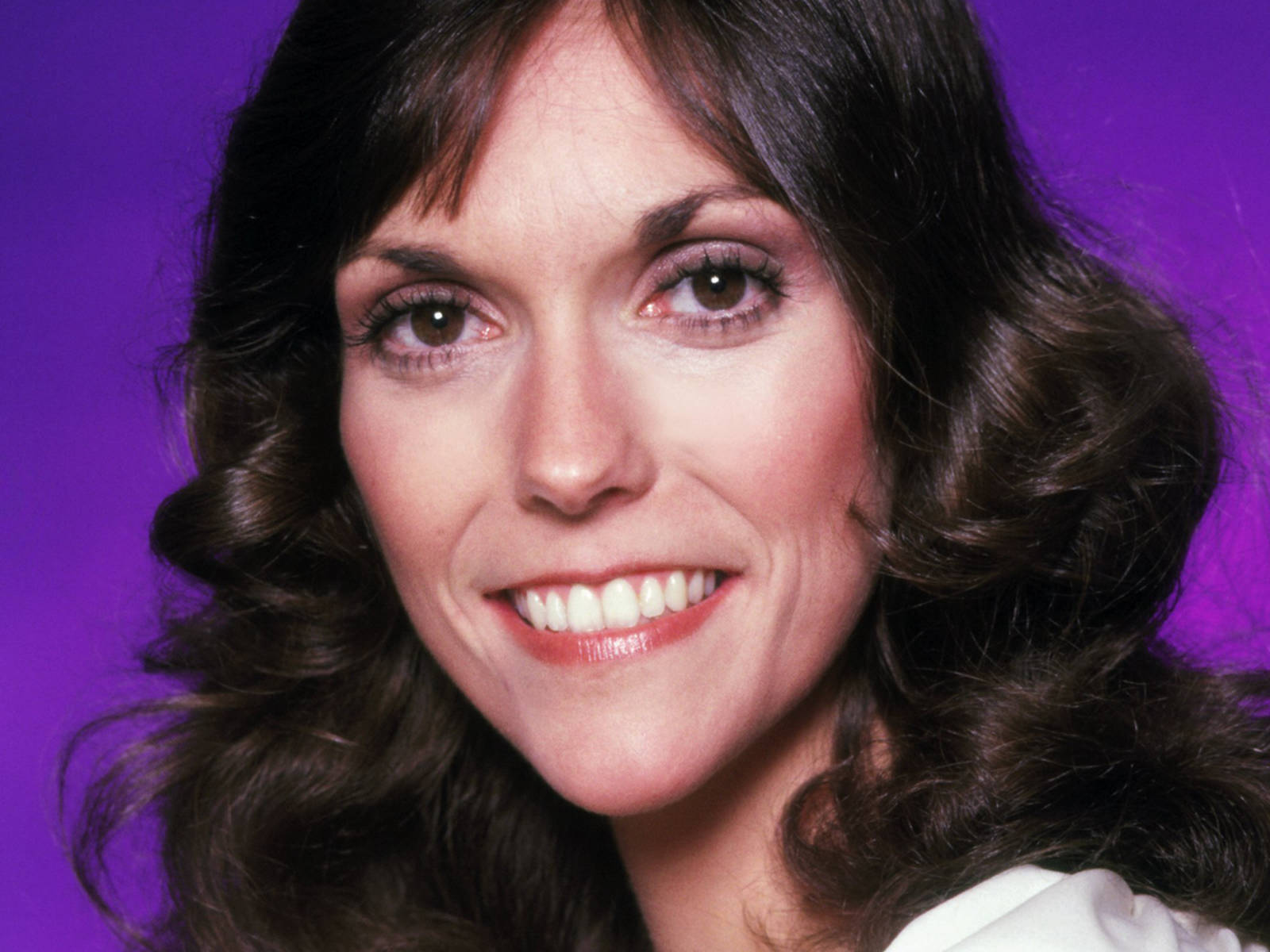Karen Carpenter
Karen Carpenter

Karen Anne Carpenter, born on March 2, 1950, in New Haven, Connecticut, rose to prominence as an American singer and drummer, forming an iconic duo, the Carpenters, with her brother Richard. Possessing a remarkable three-octave contralto range, Carpenter garnered widespread acclaim for her exceptional vocal talents, earning a place on Rolling Stone's prestigious list of the 100 greatest singers of all time.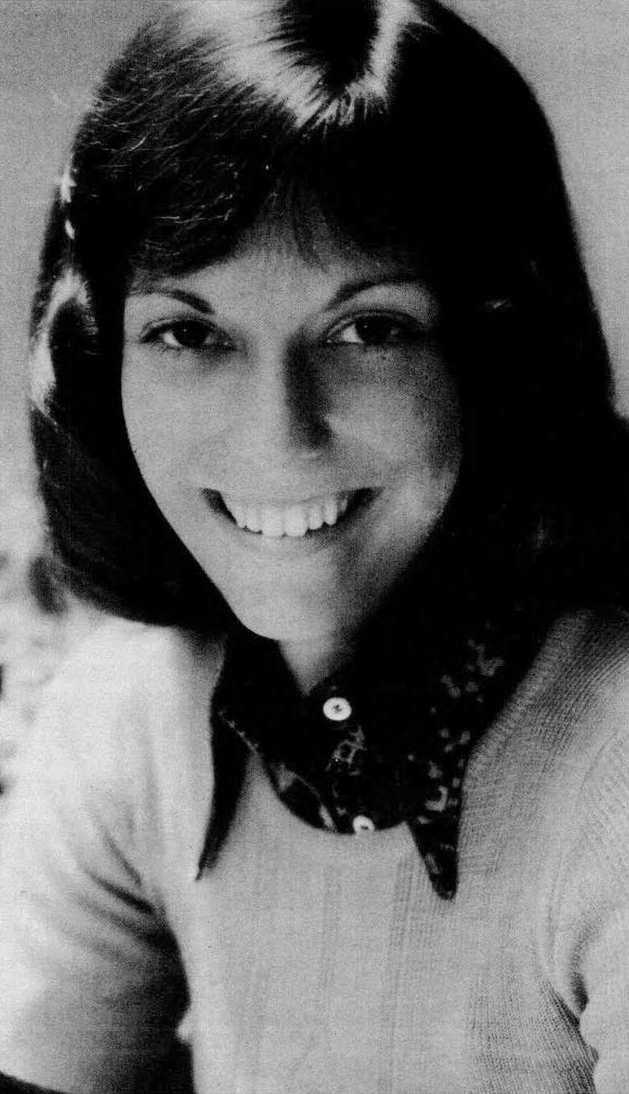
Relocating to Downey, California, in 1963, Carpenter's musical journey began to unfold. She honed her drumming skills in high school and later joined the Long Beach State choir, laying the foundation for her future success. Following years of dedication, the Carpenters secured a record deal with A&M Records in 1969, catapulting them to unparalleled commercial and critical triumphs throughout the 1970s.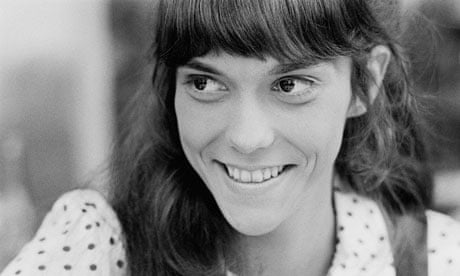
Initially serving as the band's primary drummer, Carpenter gradually transitioned into the role of a captivating frontwoman, captivating audiences with her magnetic presence and soulful voice. However, behind the curtain of fame, Carpenter grappled with the insidious grip of anorexia nervosa, a condition exacerbated by the relentless pressures of celebrity status and intricate family dynamics.:max_bytes(150000):strip_icc():focal(749x0:751x2)/karen-carpenter-1-035482d2da1e41bd936fbb2bed25d4a1.jpg)
The onset of Carpenter's battle with anorexia surfaced in 1975, casting a shadow over her meteoric rise to fame. Despite seeking treatment, her struggle persisted, ultimately leading to her tragic demise at the age of 32 in 1983. Karen Carpenter's untimely death, attributed to heart failure stemming from complications of anorexia, shed light on the silent epidemic of eating disorders, prompting widespread awareness and research into body dysmorphia.
In the wake of her passing, Carpenter's legacy endured, inspiring a myriad of documentaries and films that delved into her life and profound impact on the music industry. Her enduring influence continues to resonate with audiences worldwide, cementing her status as an indelible icon in the annals of music history.
A&M Records officially signed the Carpenters to a recording contract in 1969, marking the beginning of their remarkable journey in the music industry. Initially, Karen Carpenter assumed dual roles as the group's drummer and co-lead singer, showcasing her exceptional talents from behind the drum set. She lent her distinctive voice to most of the tracks on the band's debut album, initially titled "Offering" and later renamed "Ticket to Ride." With her brother Richard contributing ten of the album's thirteen songs and providing vocals on five tracks, the siblings harmonized on the opening and closing numbers, creating a unique musical synergy.
Karen's musical versatility extended beyond vocals and drums; under the guidance of bassist Joe Osborn, she also displayed her prowess on the bass guitar in select tracks like "All of My Life" and "Eve." The Carpenters' debut single, a rendition of the Beatles' classic "Ticket to Ride," marked their entry onto the Billboard Hot 100 chart, peaking at No. 54. The subsequent album, "Close to You" (1970), propelled the duo to greater heights with two chart-topping singles: "(They Long to Be) Close to You" and "We've Only Just Begun," capturing the hearts of audiences worldwide.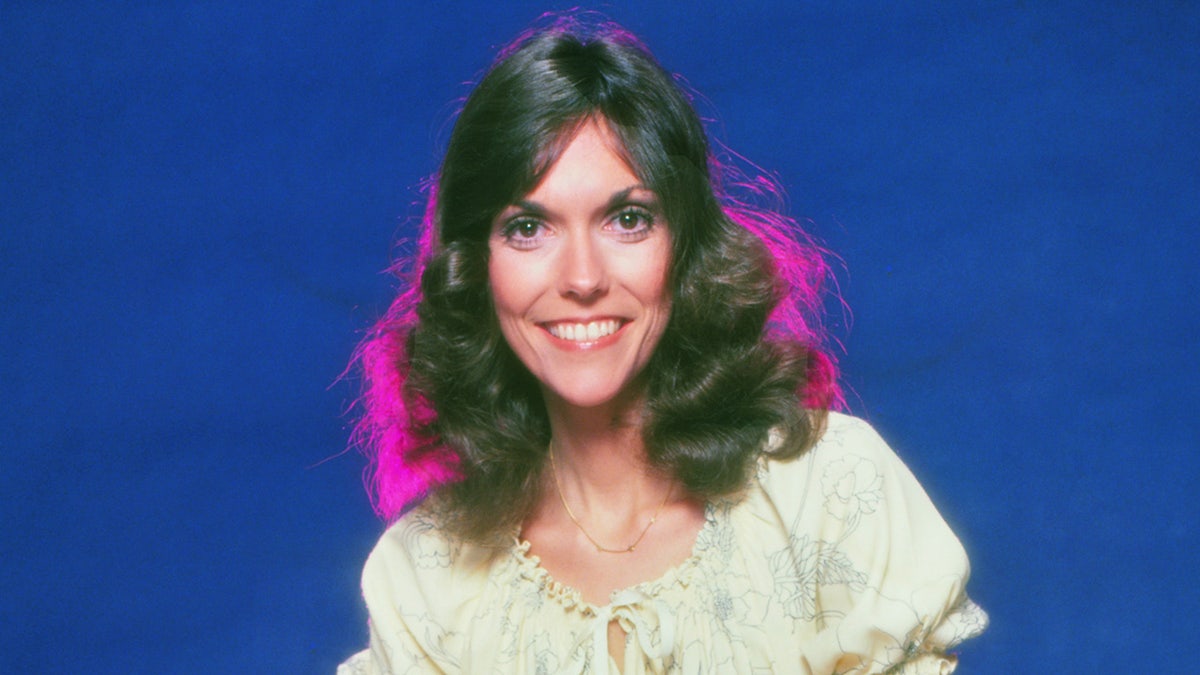
Karen's petite stature at 5 feet 4 inches presented challenges during live performances, as audiences found it difficult to spot her behind the drum kit. Responding to critiques about the lack of a focal point onstage, Richard and manager Sherwin Bash encouraged Karen to step forward from behind the drums and take center stage as the lead vocalist. Though initially apprehensive, Karen gradually embraced her new role, becoming the charismatic focal point of the band's live shows.
As the Carpenters' discography evolved, Karen's vocal contributions became more prominent, with her rich contralto voice captivating audiences and critics alike. Despite her three-octave vocal range, Karen often showcased her lower register, humorously remarking, "The money's in the basement." Her live performances featured captivating drum showcases, highlighting her dynamic stage presence and musical versatility.
Karen Carpenter's enduring impact on the music industry, coupled with her remarkable vocal talent and stage charisma, continues to resonate with audiences worldwide, cementing her legacy as one of the most iconic figures in popular music history.
Karen Carpenter always identified herself primarily as a drummer who also sang, emphasizing her deep connection to percussion instruments, particularly Ludwig Drums, which she favored for their distinctive sound and feel. Despite her affinity for drumming, Karen did not feature on every Carpenters recording, although she played a significant role in shaping the band's rhythmic foundation.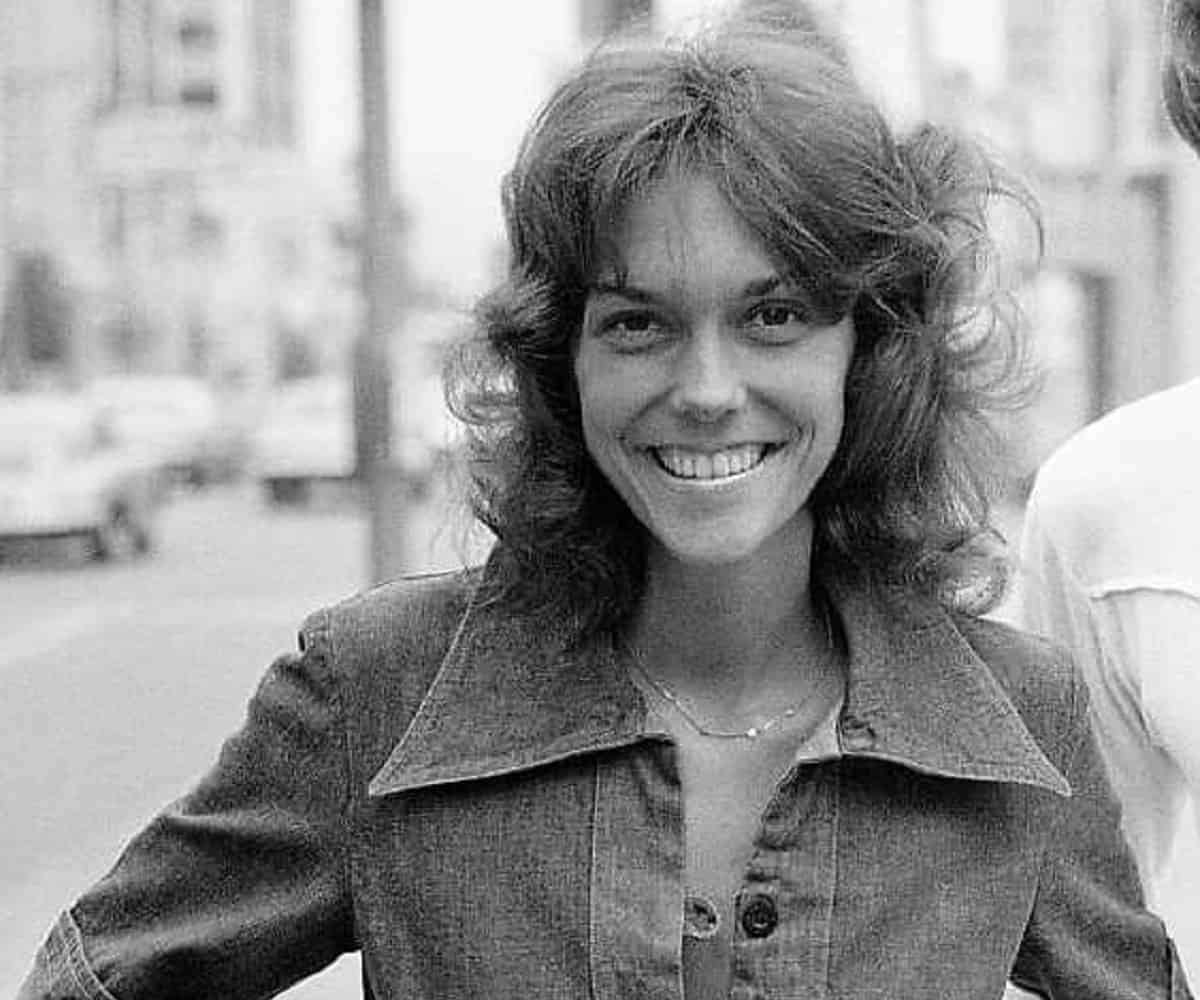
On albums like "Ticket to Ride" and "Now & Then," Karen assumed the role of the primary drummer, showcasing her rhythmic prowess and musical versatility. However, during studio sessions where Karen did not play drums herself, seasoned session drummer Hal Blaine often stepped in to maintain the band's signature sound. Karen and Richard Carpenter welcomed Blaine's contributions, recognizing his expertise and the practical advantages of recording without the spillage of Karen's guide vocals onto the drum microphones./cloudfront-eu-central-1.images.arcpublishing.com/prisa/MLIYFCODGZEBRE4MJPTYBD4QN4.jpg)
Blaine, while acknowledging Karen's drumming abilities, highlighted her exceptional talent as a vocalist, considering her voice the duo's greatest strength. His role in the studio allowed for a focused approach to recording, complementing Karen's vocal performances with precision and finesse.
In the mid-1970s, the Carpenters faced challenges as Richard Carpenter struggled with addiction, leading to canceled tour dates and eventually halting their touring activities after a performance in Las Vegas in 1978. Despite these setbacks, Karen continued to showcase her vocal prowess, participating in memorable performances such as a duet with Ella Fitzgerald on their television program "Music, Music, Music" in 1980.
The release of the "Made in America" album in 1981 marked a return to the stage for the Carpenters, with Karen lending her unmistakable voice to promotional tours and appearances. However, "Now" would tragically be Karen Carpenter's final recording, completed in April 1982. Despite concerns about her health, Richard Carpenter noted the enduring strength and beauty of Karen's voice, a poignant reminder of her remarkable talent and enduring legacy in the world of music.
References
- "100 Greatest Singers of All Time". Rolling Stone. December 2, 2010. Retrieved September 21, 2017.
- a b c Randy Schmidt (October 24, 2010). "Karen Carpenter's tragic story". The Guardian. Retrieved November 14, 2022.
- ^ "100 Greatest Singers of All Time". Rolling Stone. December 2, 2010. Retrieved September 21, 2017.
- a b Hoerburger, Rob (November 3, 1991). "Recordings View; Revisionist Thinking on the Carpenters". The New York Times. Archived from the original on October 27, 2022. Retrieved November 29, 2022.
- ^ Samberg, Joel (February 4, 2013). "Remembering Karen Carpenter, 30 Years Later". NPR. Archived from the original on March 4, 2016. Retrieved January 26, 2018.
- ^ Tauriello, Dena (December 2013). "What Do You Know About...Karen Carpenter?". Modern Drummer. Archived from the original on September 20, 2017. Retrieved September 19, 2017.
- a b c d e f Hoerburger, Rob (October 6, 1996). "Karen Carpenter's Second Life". The New York Times Magazine. pp. 52ff. Retrieved November 29, 2022.
- ^ "Little Girl Blue explores the life and legacy of Karen Carpenter". The A.V. Club. July 21, 2016. Retrieved November 14, 2022.
- ^ Coleman 1994, pp. 29–33.
- ^ Schmidt 2010, pp. 11, 26.

